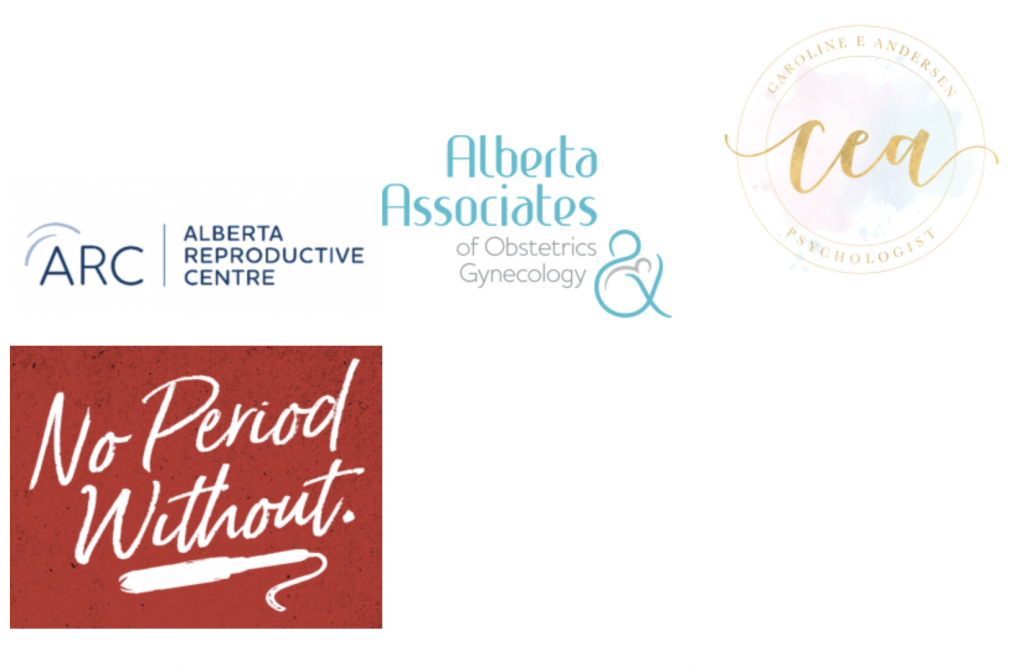March is Endometriosis Awareness Month.
Endometriosis affects an estimated 1 in 10 people around the world. Many people have received a delayed diagnosis due to a lack of awareness.
Often healthcare professionals can assume this pain is a normal part of menstruation. Unfortunately, there is a negative stigma surrounding people’s reproductive health and discussions surrounding period pain are looked at as taboo. It is not normal for pain to take control of your life, with appropriate pain management suffering can be controlled.
Endometriosis is an overlooked condition affecting thousands of people a year, and awareness must be spread.
What is Endometriosis?
Endometriosis is an inflammatory condition where endometrial-like tissue, similar to the lining in the uterus, is found outside the uterine cavity invading the pelvic and abdominal areas. As hormones naturally fluctuate throughout the month, this triggers the endometrial-like tissue to become reactive and inflamed.
Symptoms of Endometriosis
Symptoms of endometriosis can include pain during periods, ovulation, during/after intercourse, when urinating or while passing bowel movements. It can also cause heavy bleeding during menses, chronic pelvic pain or abdominal pain, extreme fatigue, and infertility.
Endometriosis can place a huge negative impact on one’s lifestyle and social well-being. If you have any of these symptoms, please consult with your general practitioner. There, they can offer an ultrasound scan, further testing (eg. blood work/ MRI scan /biopsy), and/or a referral to see an ObGyn specializing in endometriosis. Hormone contraceptives, or hormone therapy and surgery may become options for treatment.
Diagnosis of Endometriosis
There is no usable set of symptoms that can accurately predict a diagnosis of endometriosis. Surgery is a definitive way to determine a diagnosis for endometriosis. However, a study performed by the University of Aberdeen analyzed primary care records and found that pain and menstrual symptoms occurring within the same year accompanied by lower gastrointestinal symptoms occurring within 90 days of gynaecological pain was a good predictor for endometriosis (1).
- Specialized ultrasound technology has been improving for detection of endometriosis, but a normal ultrasound cannot rule out endometriosis. Endometriosis takes many appearances, making it difficult to differentiate from other conditions, without sampling the tissue itself.
- Laparoscopy (a surgery to examine the pelvic and abdominal area) can be performed to cut or burn out any lesions or fibroids to be taken for further diagnostic testing. While this surgery is the only reliable way for a diagnosis and can take away some of the pain, it is invasive and follow-up studies have shown it may not be curative (1). 20-28% of patients did not feel a reduction in pain post-operation and 40-50% required another surgery after 5 years. Given that surgery may only fix endometriosis temporarily, what are solutions that will help cope with endometriosis pain?
Acupuncture For Endometriosis
This chronic condition can take its toll on someone’s mental and physical well-being.
Chronic pain is inconsistent – there are good days and bad days. It is important to have resources and a toolkit that can help alleviate life hindering symptoms.
Acupuncture can help with controlling endometrial pain. Acupuncture works to increase blood circulation, decrease inflammation, and balance hormones.
A Cochrane study enrolled 67 endometriosis patients suffering from dysmenorrhea (painful periods) to receive a 15-point acupuncture prescription and auricular (ear) acupuncture to help relieve their symptoms (2). The study’s primary outcome measure was decrease in pain and the secondary outcome measures were improved quality of life, pregnancy rates, and reduced recurrence of endometriosis. The auricular therapy group came out with a 91.9% success rate and dysmenorrhea pain scores were lower with the group receiving the 15-point acupuncture prescription.
Another study performed in China at Guangzhou University (Department of Gynaecology) shows abdominal acupuncture for 3 months to be effective in treating dysmenorrhea in patients with endometriosis (3).
Diet
Endometriosis is hormone-dependent and susceptible to foods that leave inflammatory markers.
Trans-unsaturated fatty acids, red meat and ham, as well as alcohol are found to potentially exacerbate the risk of developing endometriosis (4).
A Nurses’ Health study followed approximately 81 thousand participants’ diets from 1991 to 2013 (1). They found people consuming more than two servings of red meat per day had a 56% higher risk of endometriosis compared to those consuming one or less red meat products per week.
Being mindful of the amount of refined sugars and grains consumed is also optimal for decreasing inflammation.
Consuming colourful vegetables (rich in antioxidants and vitamins), as well as supplementing with B-group vitamins, calcium, vitamin D, and fish oils including Omega-3 may decrease the prevalence of endometriosis and pain associated with it (4).
Moving Forward
Let’s end the negative stigma by being open to discussing endometriosis and people’s reproductive health. If you feel like there’s something wrong with your reproductive system, don’t be afraid to advocate for your health by seeking a diagnosis and treatment.
Acupuncturists don’t want to see you in constant physical and mental pain, even if you don’t have a diagnosis, we can help bring balance back to your system to repair any ailments and provide lifestyle support.
For more information on how we can support you with endometriosis symptoms, feel free to contact us for a free 15-minute Q&A consult.
Image from fieldandsea.com
References
- PMID: 32089831
- PMID: 21901713
- PMID: 21442808
- PMID: 29944729
- PMID: 28326519

